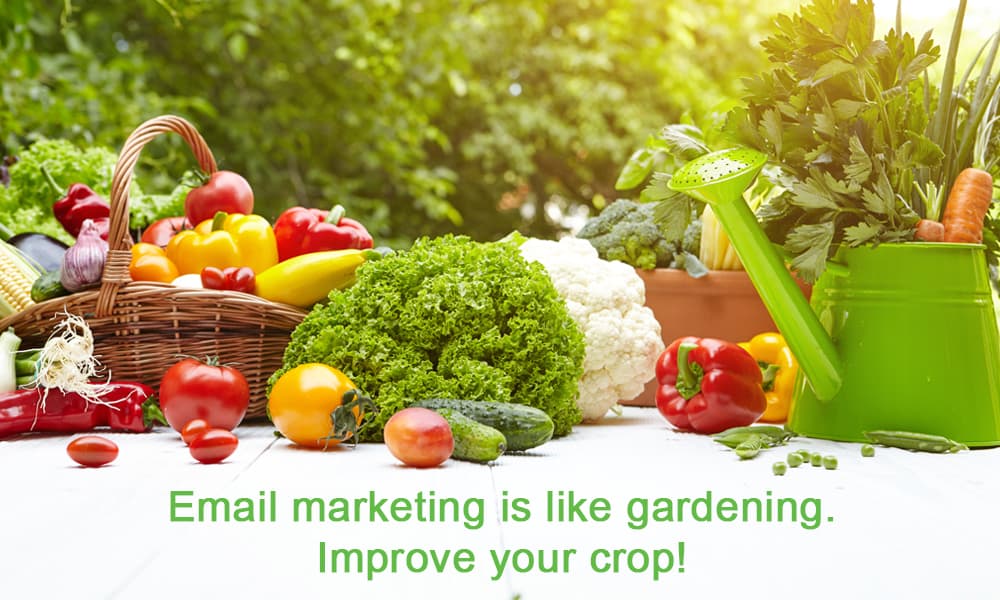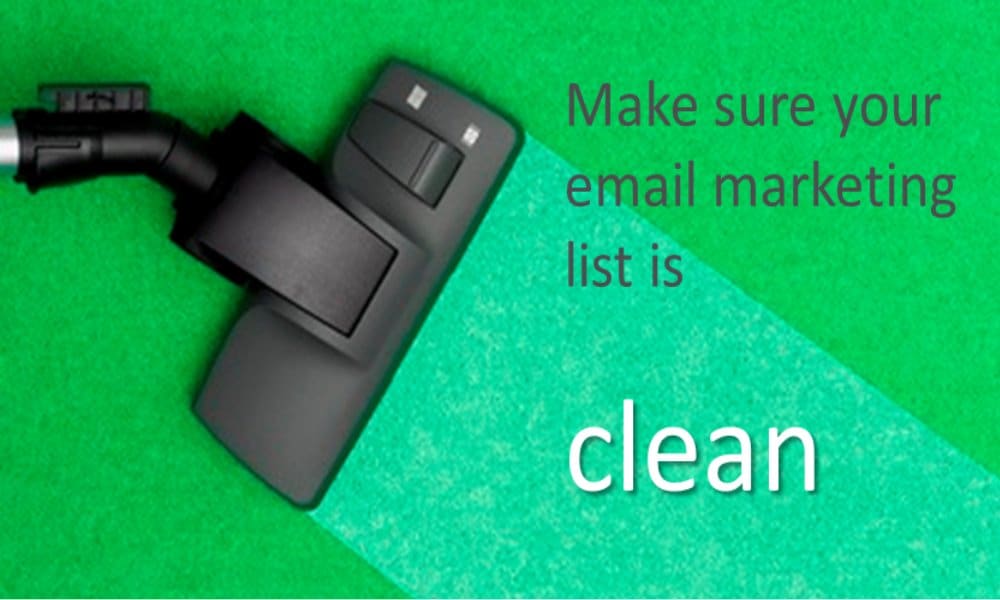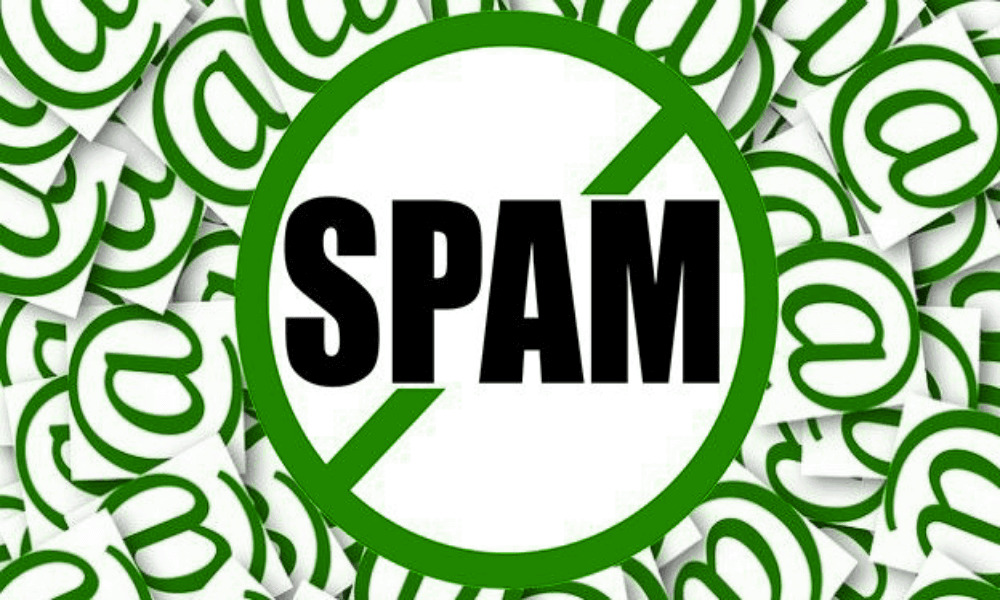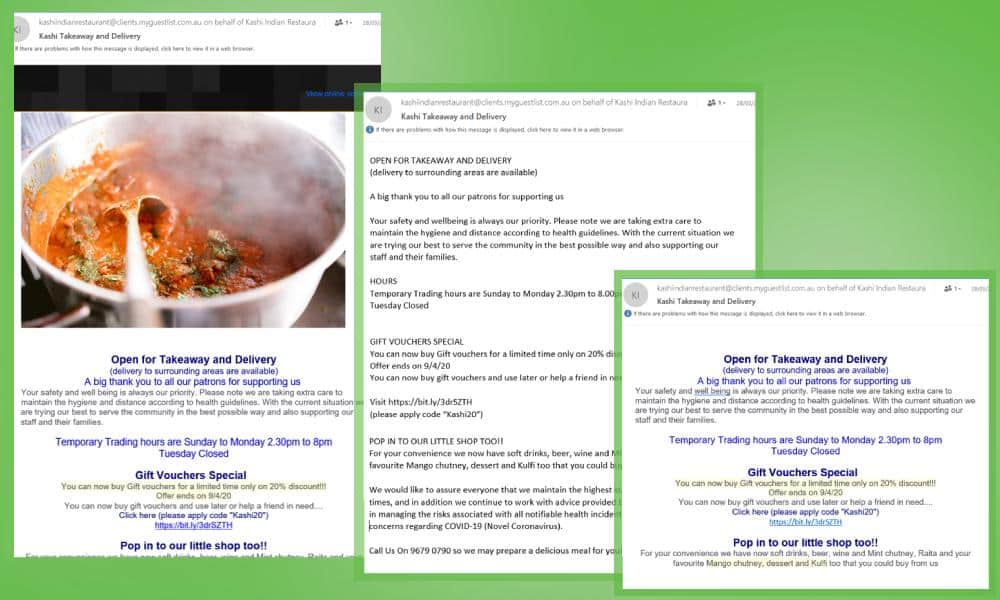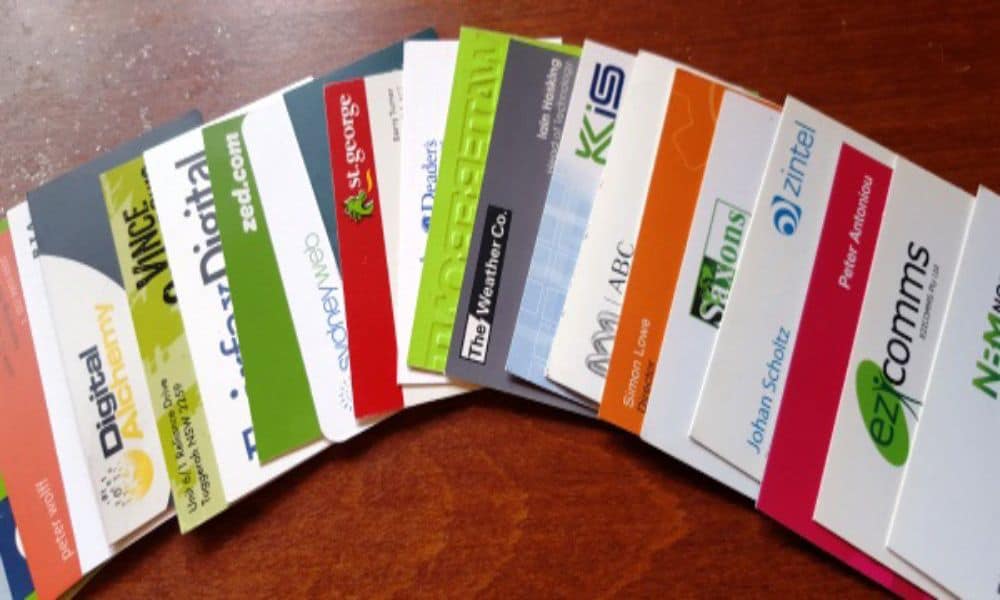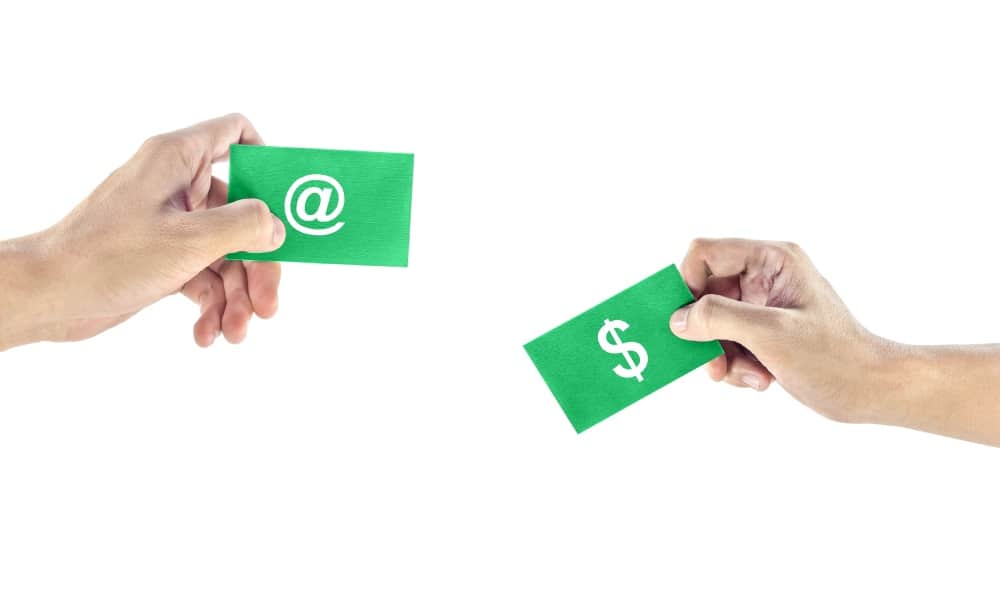Today, I want to look at email marketing and how it evolves over time for a small business. And I’m going to compare email marketing to gardening.
Agriculture has evolved over time. So has email marketing.
Let’s start at the beginning. So many small businesses I see are in the hunter-gatherer stage.
Hunter-gatherer marketing
You don’t really have a plan for acquiring new prospects and customers. You network. You meet lots of people. Maybe you hand out cards. Some of those contacts and prospects convert.
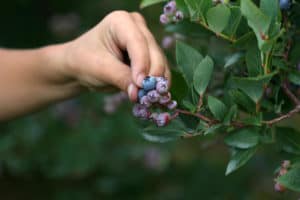 This works well if you’re in the business equivalent of the Garden of Eden. You’re wandering through the trees and there’s nearly always a ripe apple or a bunch of cherries or some delicious avocado.
This works well if you’re in the business equivalent of the Garden of Eden. You’re wandering through the trees and there’s nearly always a ripe apple or a bunch of cherries or some delicious avocado.
But most of us don’t live in the Garden of Eden. In this case, hunter gathering is a hand-to-mouth existence. You don’t know where your next meal (or customer) is coming from. Over time, you might identify the places where you’re most likely to find something good growing, and you keep going back. That’s like choosing the most successful networking groups.
You’re making progress, but there’s a problem. Everyone else has identified those high yield spots too. So when you go back to pick some more fruit, you find someone else has been through before you and all the best ones are gone. You’re left with the smaller, sour apples. Sometimes you find a worm when you bite in. (Yes, we’ve all had clients who looked good but turned out to be something much less pleasant when we got down to it!)
First steps towards agriculture
What you really want is a secret garden no one else has access to. Where everything grows nicely.
In business terms, it’s a contact database. No one else has access.
Then when you start sending them an email newsletter, it’s like watering all the plants in your garden. A little sprinkle of refreshment to stop the relationship withering and dying.
Now you’re not just picking the fruit when it’s ready. You’re also nurturing the plant, and going back again and again until it does produce fruit.
When you’re gardening, you can’t predict exactly which plant will produce fruit first. But if you have enough plants and you water them regularly, you know some will. Email marketing is the same. If you have enough names on your list and you feed them what they want, some will bear fruit. Just make sure you comply with the Spam Act!
Expert Gardeners
So now you have a newsletter. You’re caring for all your business plants to help them grow nice plump opportunities. Well done.
But you’re still treating them all in the same way.
Nurture your plants according to their needs
In fact, different plants have different needs.
Most peas and beans are vines which like to climb. Watering more won’t help, but providing a trellis they can grow up will. Zucchini, on the other hand, grow better in a mound of earth. And while your lettuce will grow happily in part-shade, your tomatoes like full sun.
To get the best results, you need to segment and personalise. Let’s try a business example.
Imagine you’re a law firm.
- Sue came to you for help with a divorce settlement. She’s in her 30s with 2 kids in primary school and she works part-time as a teacher to fit in around caring for them.
- Jenny downloaded a guide you have online about setting up a small business. She’s 27, single, recently graduated in interior design and wants to set up as a home stylist with one of her classmates.
- Sarah’s a partner in an architecture firm. She’s in her 40s with teenage children and has just separated from her husband. She wants to work only 4 days a week while she works through the family issues, but the other partners are unhappy that she’s not pulling her weight.
Who wants to read your article on recent custody rulings in the family court? What about the one on settling business partner disputes?
Segmenting your contact list allows much more effective communication to grow trust better.
Nurture your plants according to their level of maturity
You planted some lettuce seedlings yesterday. They need a bit of special care and attention until their roots have taken and they’re settled in.
The cabbage plants you put in last month are well established and just need you to keep an eye on them.
Now we’re talking about nurturing dependent on life stage. This is where marketing automation often comes in.
Seedlings and new subscribers need special care
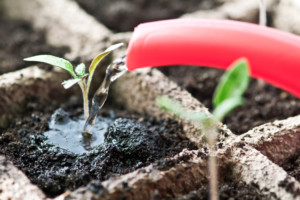 Remember Jenny who’s just downloaded your guide to setting up a small business? She’s a new seedling. Your relationship is just starting. Now’s a good time to lavish some extra care and attention.
Remember Jenny who’s just downloaded your guide to setting up a small business? She’s a new seedling. Your relationship is just starting. Now’s a good time to lavish some extra care and attention.
So you could send her a sequence of emails:
- Welcome her to the mailing list and explain how your firm works with new businesses
- Ask her what stage she’s at in terms of setting up her business, or what her biggest concern is?
- Send her links to a couple of testimonials from small business clients
- Invite her to a phone meeting to chat over any issues she has
In marketing, we call this a nurture program or autoresponder sequence. The aim is to communicate with someone when they need it most.
Other events require special care too
This kind of automation often happens when someone first joins your list, but you can use it in other ways too.
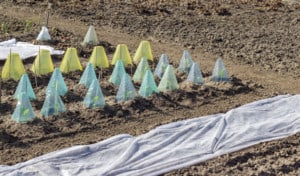
- Time-based triggers. So, for example, a vet might send out reminders when cats need cat flu injections. The reminders are standard for all cat-owners, but they’re sent on a personalised schedule.
- If you’re running an event. This could be a product launch or a seminar. You pick the people you want to attend and you create a series of emails:
- Invite them
- Confirm their registration if they reply
- Send a reminder invitation if they don’t
- For registered attendees, send an event reminder the day before.
Think of this as preparing your garden for frost or a storm. You identify the fragile plants at risk and you set up ways to protect them
Don’t forget weeding and maintenance
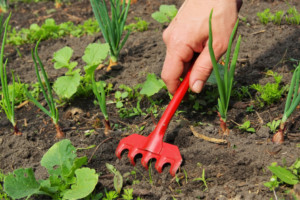 However good you are at gardening, plants die. And weeds grow.
However good you are at gardening, plants die. And weeds grow.
Marketing databases are the same. There are always people who haven’t opened an email for months. Or years.
Why are you still sending them anything? If you’re properly set up, it’s just as easy to send to 10,000 people as it is to send to 10, so it doesn’t cost you a lot of your time. But it might be costing you money. Many email providers charge different rates depending on the size of your list or the number of emails you send. Also dead wood affects the overall performance of your email campaigns, which may have consequences.
Weeding is boring but very helpful.
Send a ‘break-up’ email.
‘Looks like you’re not reading anything we send. Are you still interested in hearing from us or should we take you off the list? Click here and let us know what you want, or otherwise, this is the last you’ll hear from us.’
The ‘click here and let us know what you want’ is especially effective if you have some kind of segmentation going on.
For our lawyer example, segments might be business law and family law.
More generally, you could offer options for
- A monthly newsletter
- Events
- Special promotions and price offers
Or you might let them choose between a weekly update and a monthly digest with all the information in one hit. (Deep watering vs sprinkling.)
How good is your garden?
Email marketing – like gardening – is hard. That’s because they require planning and ongoing work to be really successful. Knowledge helps too!
Most of us don’t have perfect gardens. Most of us don’t do email marketing perfectly either.
But maybe you can do a little bit better than you used to? Or get some help with a couple of the trickier bits. I’d be happy to chat.

